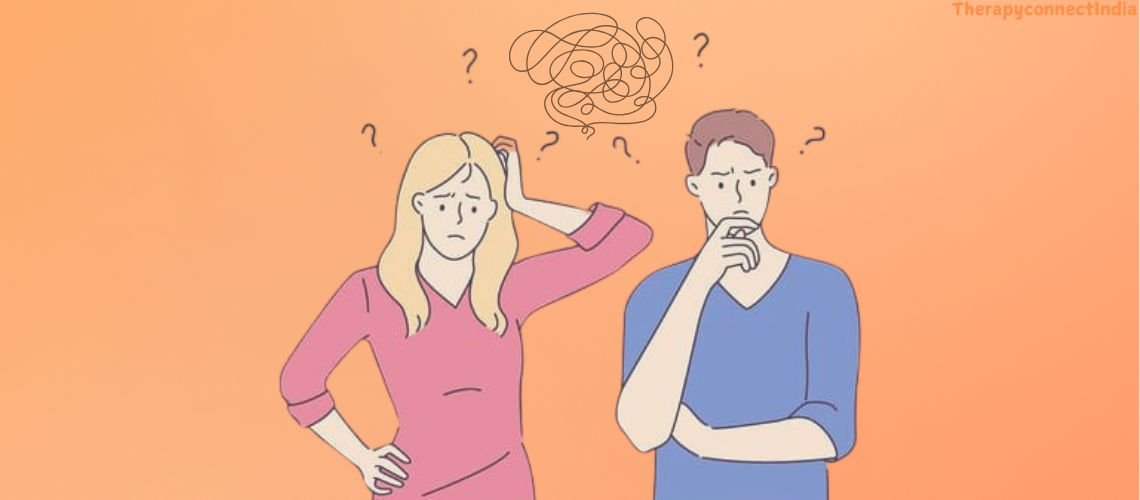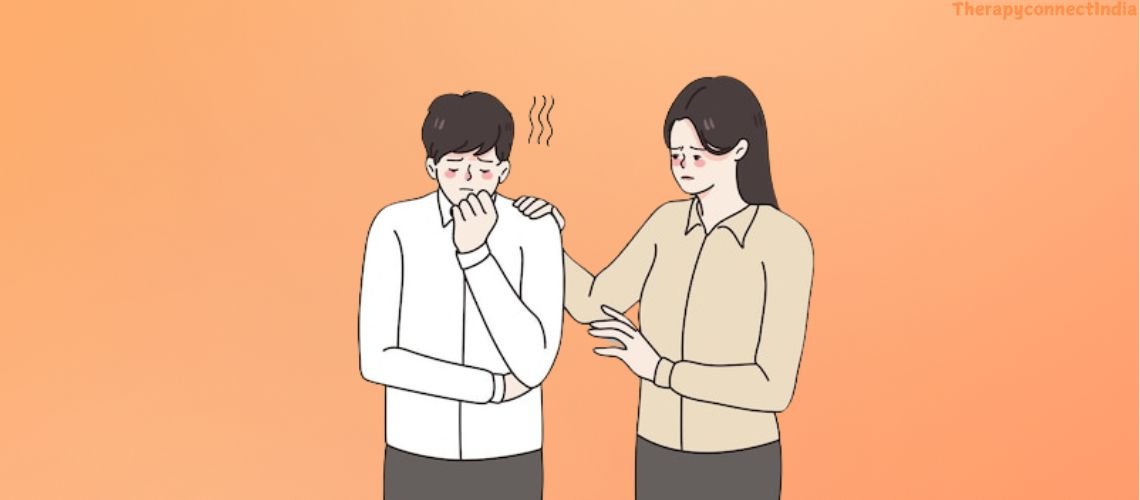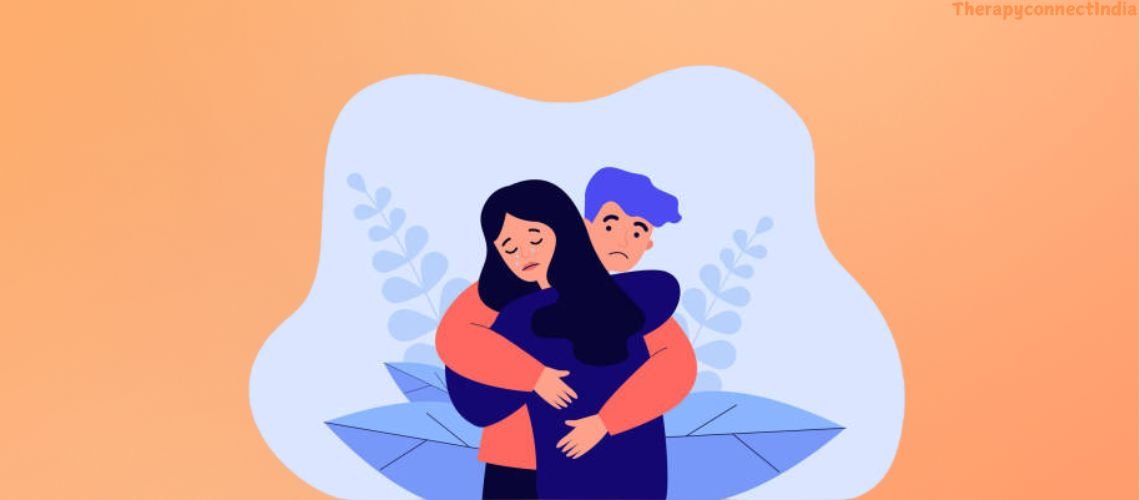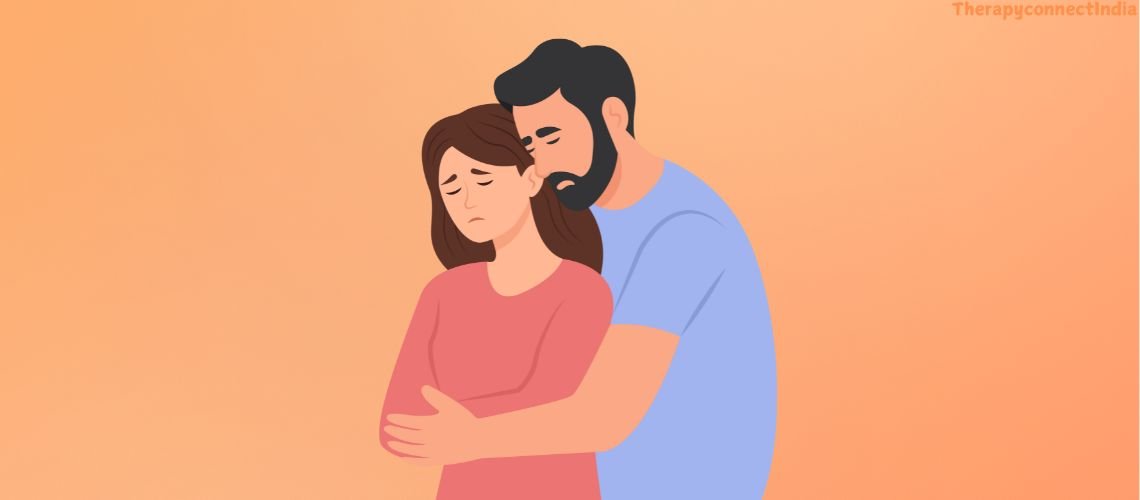Love and Anxiety: How to Navigate a Relationship When One Partner Has Anxiety

Love is a beautiful experience, but relationships require effort, patience, and understanding. When one partner struggles with anxiety, it can add another layer of challenges. Dating with anxiety can be overwhelming for both individuals, as anxiety can cause self-doubt, overthinking, and emotional ups and downs. However, with the right approach, couples can build a strong and loving bond despite these challenges.
This article explores how anxiety affects relationships, practical ways to support an anxious partner, and tools to maintain a healthy connection.

Anxiety is more than just feeling nervous—it’s a mental health condition that can cause excessive worry, fear, and overthinking. When one partner has anxiety, it can influence different aspects of a relationship:

Being in a relationship with someone who has anxiety requires patience, empathy, and understanding.
1. Learn About Anxiety
Understanding how anxiety works is crucial. Anxiety is not just a bad mood—it’s a mental health condition that triggers excessive worry and stress. Learning about anxiety can help in recognizing triggers, understanding behaviors, and offering the right kind of support.
Resources like the Anxiety and Depression Association of America (ADAA) provide valuable information about anxiety disorders and coping mechanisms.
2. Practice Open and Honest Communication
Clear and honest communication builds trust in a relationship. Encouraging an anxious partner to express their feelings without fear of judgment strengthens the connection.
Instead of dismissing their concerns, acknowledging their feelings and offering reassurance can make a difference. Listening without immediately trying to "fix" the problem helps an anxious partner feel supported.
3. Be Patient and Avoid Triggers
People with anxiety often have specific triggers—situations or thoughts that increase their stress levels. While it’s not always possible to avoid every trigger, being mindful of them can help.
If a partner gets anxious with sudden plan changes, giving them advance notice before altering arrangements provides a sense of stability. Small actions like this can help create a more supportive environment.

4. Offer Reassurance Without Enabling Anxiety
Anxious partners may seek reassurance frequently, asking if they are loved or if everything is okay. While offering reassurance is important, setting healthy boundaries is necessary to prevent emotional exhaustion.
Encouraging self-confidence and self-soothing techniques helps an anxious partner rely less on constant validation. Promoting mindfulness and self-care practices can be beneficial in this process.
5. Encourage Professional Help
Emotional support is essential, but professional guidance can provide deeper healing. If anxiety significantly impacts daily life or the relationship, therapy or counseling can help.
Platforms like BetterHelp offer online therapy sessions that can help an anxious partner develop coping strategies, identify triggers, and build emotional resilience.

Both partners need to contribute to maintaining a balanced and fulfilling relationship.
1. Build a Routine That Feels Safe and Comfortable
People with anxiety often find comfort in routines because they create a sense of control and predictability. Establishing simple habits, like regular date nights or check-in conversations, can provide reassurance and stability.
2. Prioritize Self-Care for Both Partners
Caring for an anxious partner should not come at the expense of personal well-being. Encouraging self-care for both individuals ensures a healthy balance.
For the anxious partner, activities like exercise, meditation, and proper sleep contribute to better mental health. Apps like Headspace and Calm offer guided meditation and relaxation exercises that can help reduce stress.
The non-anxious partner should also engage in self-care to prevent burnout. Taking breaks, engaging in hobbies, and maintaining a support system are important for emotional well-being.
3. Keep the Romance Alive
Anxiety can sometimes make a relationship feel heavy, so keeping romance alive is essential.
4. Accept That Anxiety Won’t Disappear Overnight
There’s no “quick fix” for anxiety. Some days will be harder than others, and setbacks are normal. Instead of trying to “fix” your partner’s anxiety, focusing on patience, understanding, and consistent support can make a meaningful difference.

Despite the best efforts, there may be times when anxiety creates serious relationship challenges. If a relationship becomes emotionally exhausting, constant reassurance becomes overwhelming, or communication feels strained, reevaluating the situation is necessary.
Important questions to consider:
If the relationship begins to feel unhealthy, couples therapy or individual counseling can offer guidance. Seeking professional help can provide tools to navigate difficult emotions and create healthier relationship dynamics.
Anxiety can create challenges in a relationship, but it doesn’t have to be the reason it falls apart. Dating with anxiety requires patience, understanding, and communication from both partners. By learning about anxiety, setting healthy boundaries, and supporting each other, couples can build a strong and loving connection.
If anxiety is impacting the relationship, seeking help from a therapist or counselor can provide valuable tools to navigate the challenges. Websites like Psychology Today offer directories to find licensed therapists for in-person or online sessions.
Love is about accepting and supporting each other, even through difficult times. With mutual effort and care, a relationship can thrive, despite anxiety.